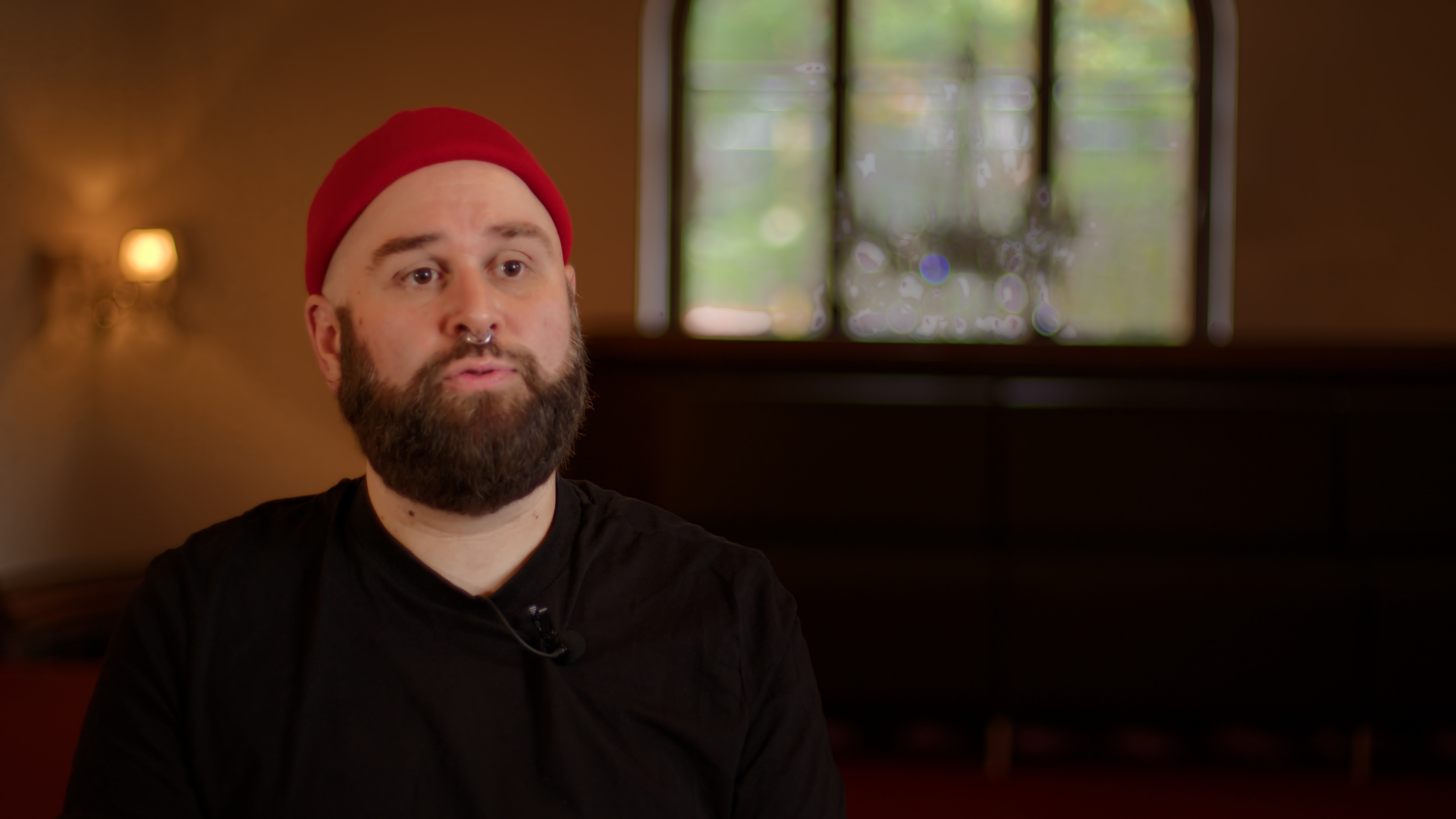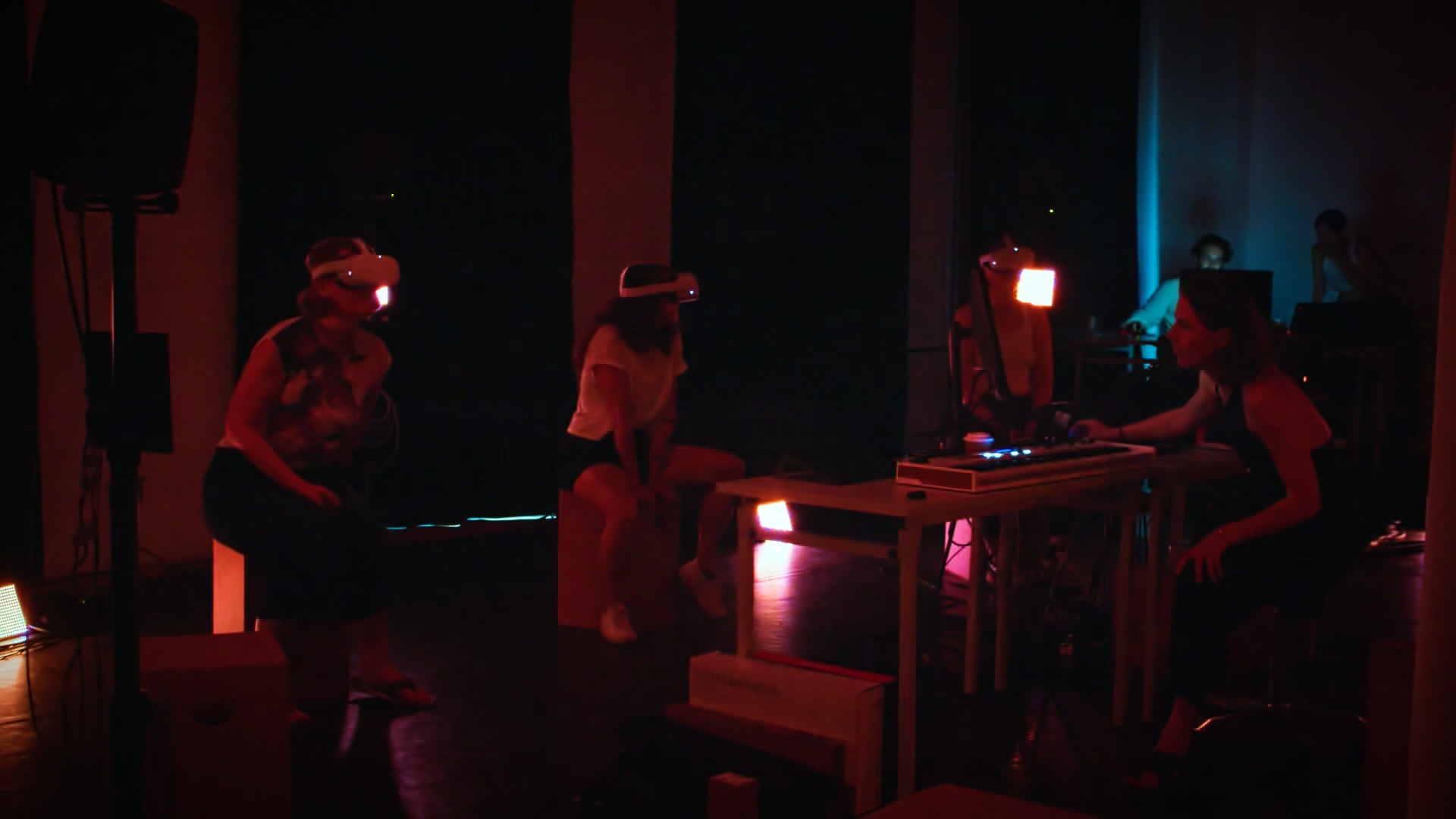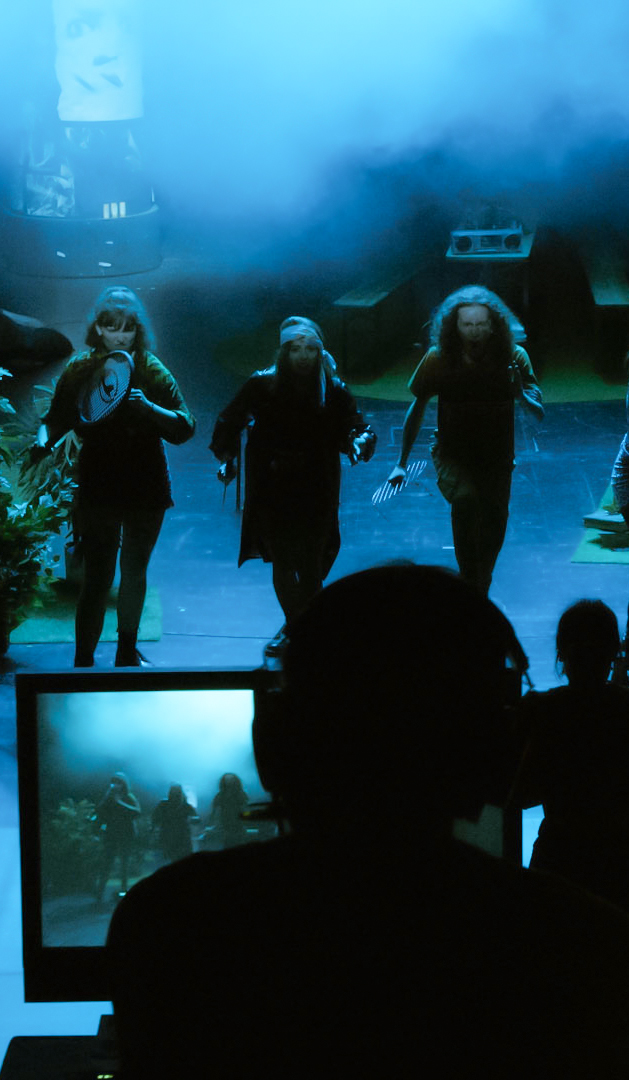Documentary
Documentary film was my first love.
As kid, whenever I stayed home sick from school, my mother would insist I watch something ‘educational’. This usually meant a documentary of some kind (or Mythbusters, if I was persuasive enough.) I would spend hours watching daytime TV documentaries on anything I could find, from National Geographic, to NOVA, to the History Channel, which in those days was still mostly about history. As I grew up, the topics got broader and the production value went up, but documentary film still remained my favorite way to learn.
As kid, whenever I stayed home sick from school, my mother would insist I watch something ‘educational’. This usually meant a documentary of some kind (or Mythbusters, if I was persuasive enough.) I would spend hours watching daytime TV documentaries on anything I could find, from National Geographic, to NOVA, to the History Channel, which in those days was still mostly about history. As I grew up, the topics got broader and the production value went up, but documentary film still remained my favorite way to learn.
When I got to college, I kept making videos and I quickly found employment as the school videographer. It brought me such joy to be able to attend any school event, camera and ‘Press Badge’ in hand. Not to mention I got paid to be there. This started my time in Ed-Tech.
I was approached by the Open Society University Network (OSUN) to assist in the creation of a series of short documentaries. They would become Digital Case Studies for use in University classes. At OSUN I worked on a series of documentaries showcasing how theaters in Berlin had adopted to the Covid-19 pandemic. Working with universities such as Columbia and Bard College, I created the Berlin portion of the Viral Theaters hybrid-learning course.


